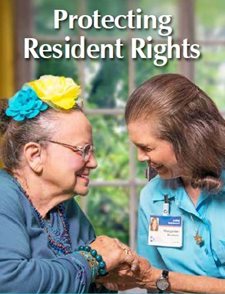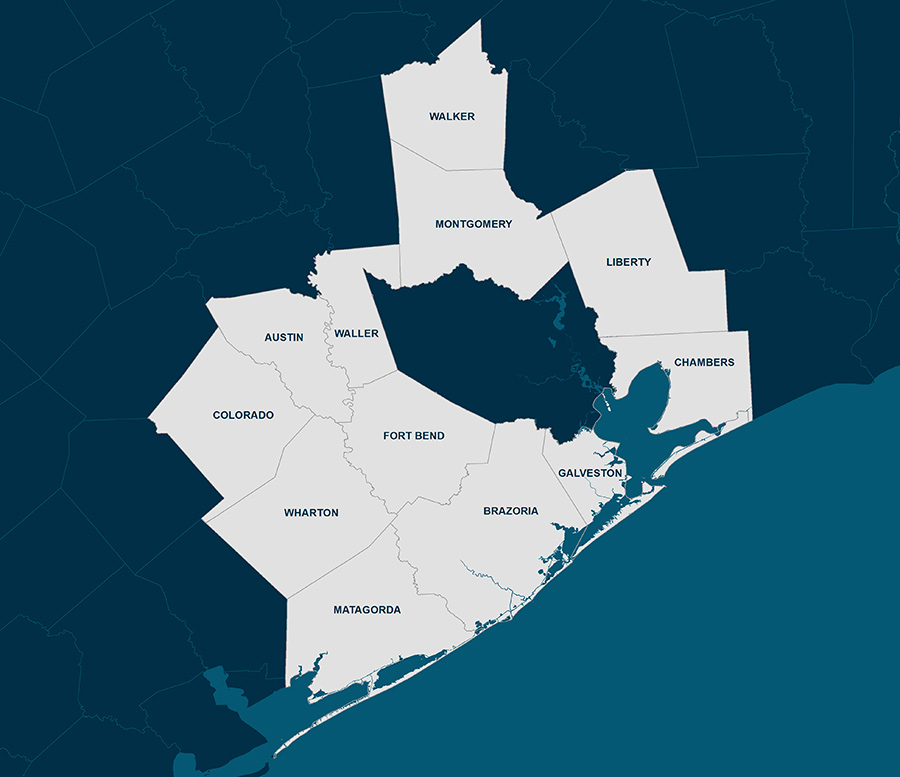On This Page
What is a Long-Term Care Ombudsman?
Long-term care (LTC) ombudsmen are advocates for resident rights. They help protect the quality of life and quality of care of anybody who lives in a long-term care facility. Ombudsmen are independent of any long-term care facility. Services are free, confidential and at the resident’s direction.
To become a certified volunteer ombudsman, prospective candidates will receive certification training from a professional staff ombudsman and must complete a 60-day internship with a one year commitment. Once certified, volunteer ombudsmen will be required to complete yearly continuing education.
When Should You Contact an Ombudsman?
Residents and family should attempt to resolve issues directly with the facility staff whenever possible. If the situation has not been resolved, or if an attempt has been unsuccessful, the resident or family is encouraged to call an ombudsman for guidance.

The ombudsman will assess the issue and recommend possible courses of action. Often the problem can be resolved without involving other groups or agencies. Sometimes the care planning process, resident council or family council is involved in the resolution.
If the ombudsman cannot resolve the problem, or when it involves serious abuse or neglect, the complaint is referred to either the Texas Health and Human Services (HHS) – Regulatory Services and/or Adult Protective Services.
In all situations, the complaint is handled confidentially and information is not released without approval from the resident or legal guardian.
Concerns an ombudsman addresses include:
- Violation of residents' rights
- Physical, verbal, or mental abuse, deprivation of services necessary to maintain residents' physical and mental health, or unreasonable confinement
- Poor quality of care, including inadequate personal hygiene and slow response to requests for assistance
- Improper transfer or discharge of resident
- Inappropriate use of chemical or physical restraints
- Any resident concerned about the quality of care or quality of life
Coverage Map

Ombudsmen
| Name | County | Phone Number |
|---|---|---|
| Viviano Aguilar Staff Ombudsman |
½ Montgomery (East of I45), Waller | 832-681-2547 |
| Barrie Brown Staff Ombudsman |
Brazoria, Matagorda, Wharton | 832-544-0499 |
| Frank Conigliaro Staff Ombudsman |
Fort Bend | 832-544-1524 |
| Janett Gutierrez Ombudsman Volunteer Coordinator |
½ Galveston, Chambers | 832-544-4770 |
| Jacqui Johnson Ombudsman Volunteer Coordinator |
½ Galveston, Walker | 832-544-0822 |
| Julianne McCoy Staff Ombudsman |
½ Montgomery (West of I45), Liberty | 832-544-4769 |
| Apollonia Sullivan Managing Local Ombudsman |
Colorado, Austin | 832-681-2520 |



